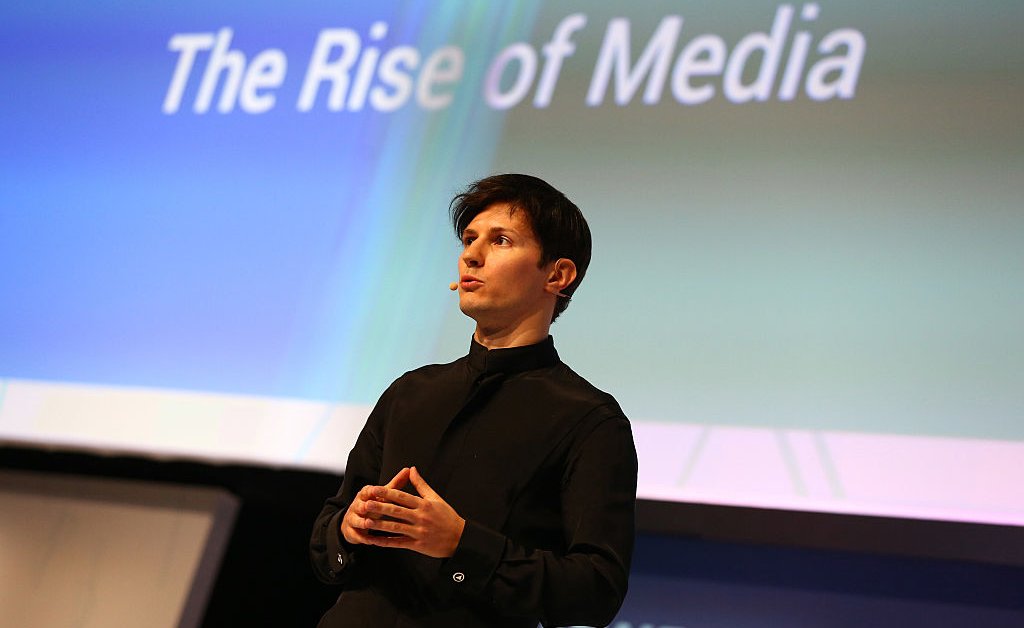The arrest of Telegram CEO Pavel Durov in Paris has sparked global debates about digital freedom of speech and the responsibility of social media companies for the content on their platforms. French authorities arrested Durov as part of an investigation into criminal activity on Telegram, including the spread of child porn, drugs, and money laundering. Some users criticized the arrest as governmental overreach and censorship, while others supported it as necessary to combat illegal activities. Durov was formally charged with crimes related to illicit activity on the app and released on a $5.5 million bail, facing up to 10 years in prison if convicted.
Durov, who founded Telegram in 2013, has emphasized freedom of speech and privacy in response to oppressive governments. Born in Russia, Durov’s anti-regulation beliefs led him to create an encrypted messaging system for users in countries with oppressive governments. Despite criticism of the platform’s security, Telegram has gained over 900 million users worldwide. Durov’s arrest has raised concerns about the implications for digital freedom of speech and the role of social media companies in regulating content.
The French prosecutor’s statement accused Telegram of refusing to cooperate with authorities in stopping criminal activity on the platform, leading to Durov’s arrest. French President Emmanuel Macron denied any political motivation behind the arrest, but some critics viewed it as an attack on basic human rights. Edward Snowden condemned the arrest as an assault on freedom of speech and association, highlighting the complex ethical issues surrounding technology, privacy, and government intervention.
The implications of Durov’s arrest extend to the broader debate about the limits of digital freedom of speech and the responsibilities of tech companies. Social media platforms like Telegram play a significant role in facilitating communication and information sharing, but they also face challenges in regulating illegal or harmful content. The arrest of a tech CEO for criminal activities on his platform raises questions about accountability, censorship, and the balance between security and privacy in the digital age.
As the legal proceedings against Durov unfold, the case is likely to continue fueling discussions about the intersection of technology, regulation, and freedom of speech. The outcome of the trial could set a precedent for how governments and tech companies address illegal activities on social media platforms, shaping the future of digital communication and privacy rights. Whether Durov’s arrest will lead to greater scrutiny of social media companies or further restrictions on digital freedom remains to be seen, but it underscores the complex challenges faced by tech leaders and policymakers in the evolving landscape of online communication.









